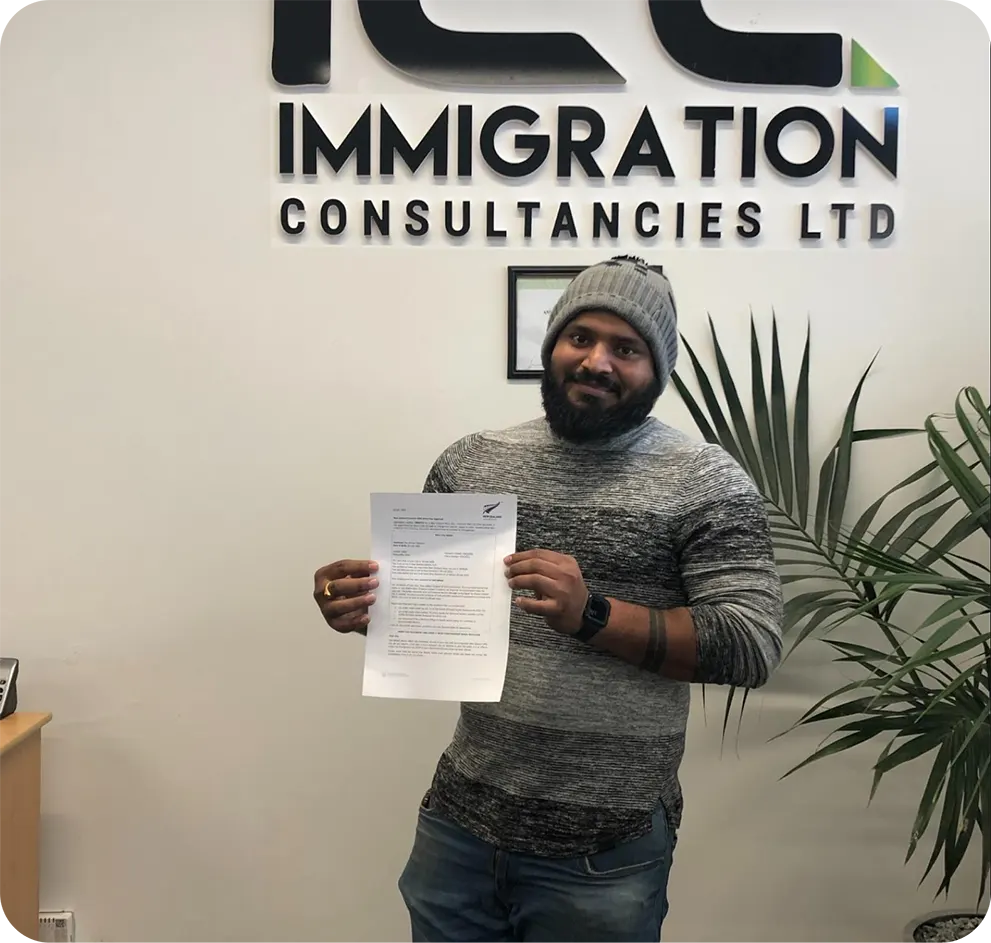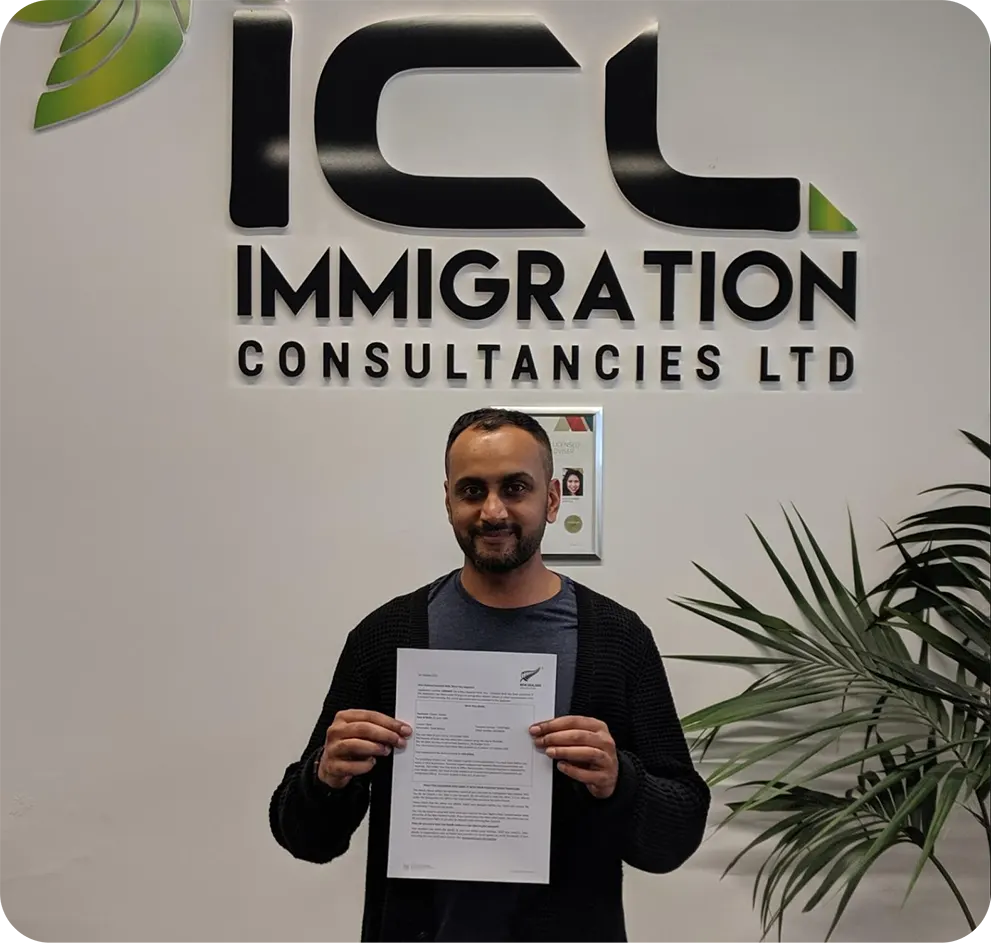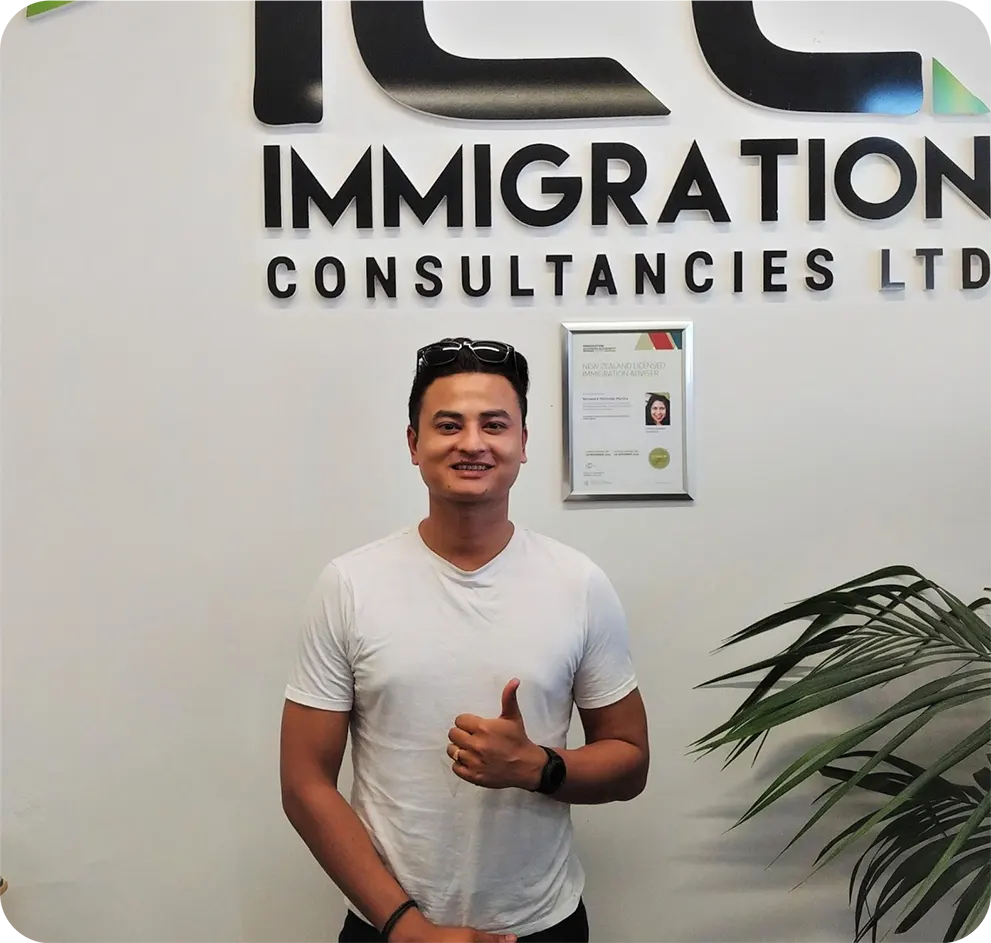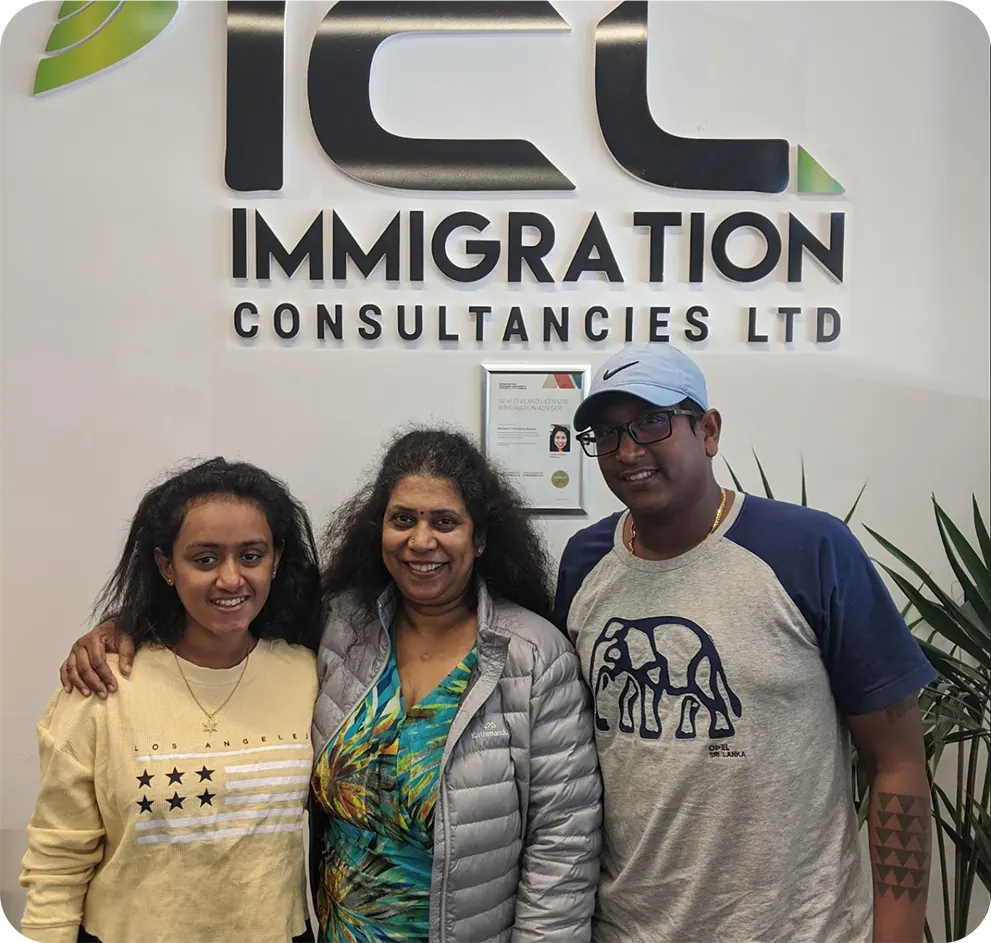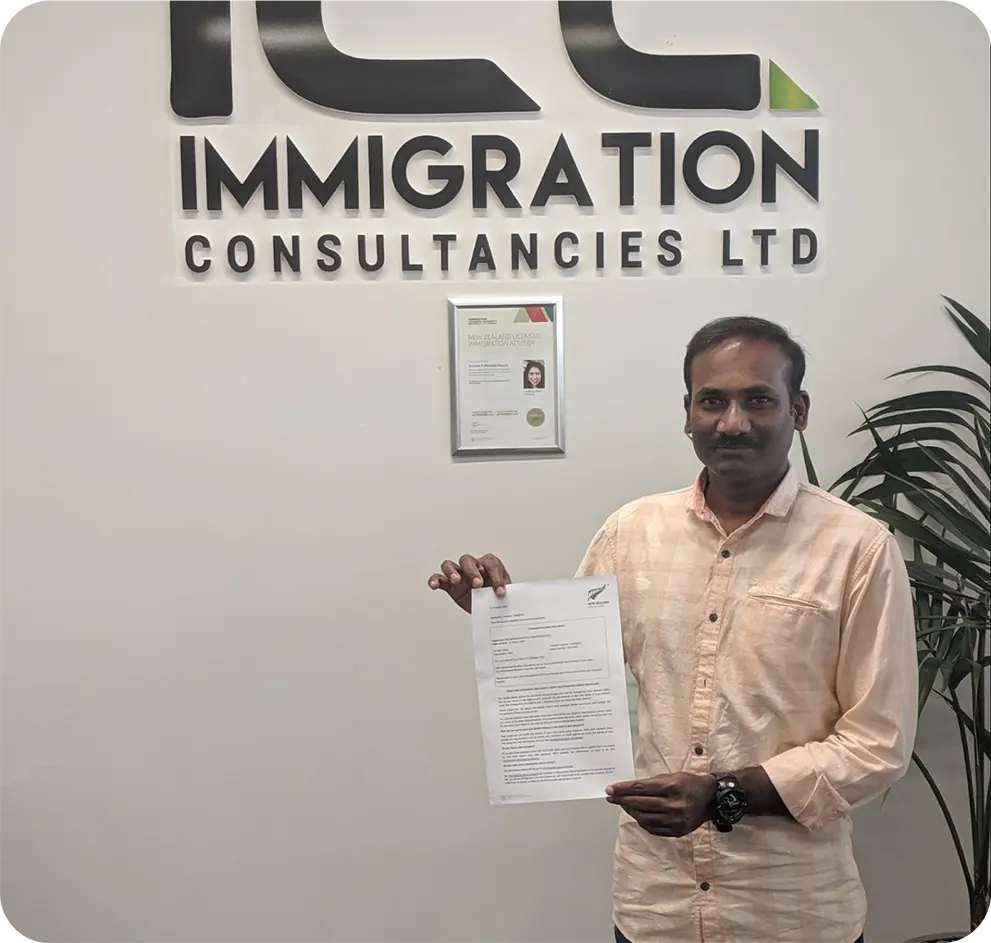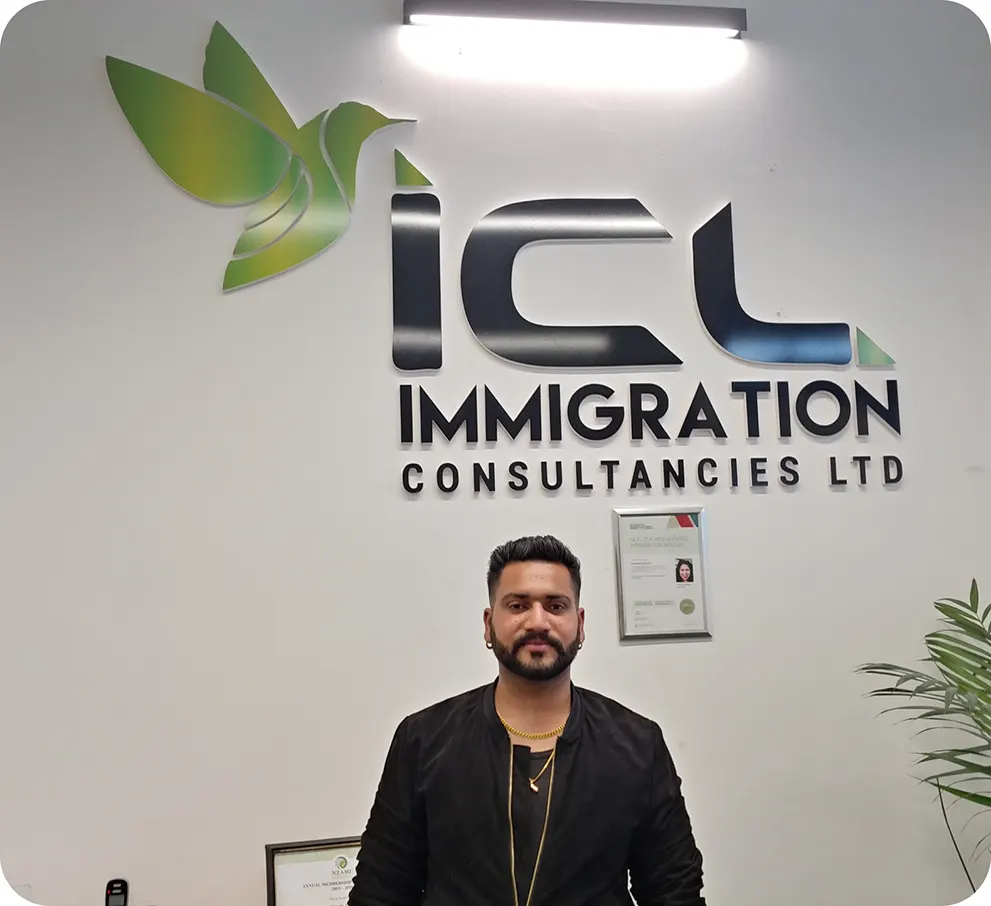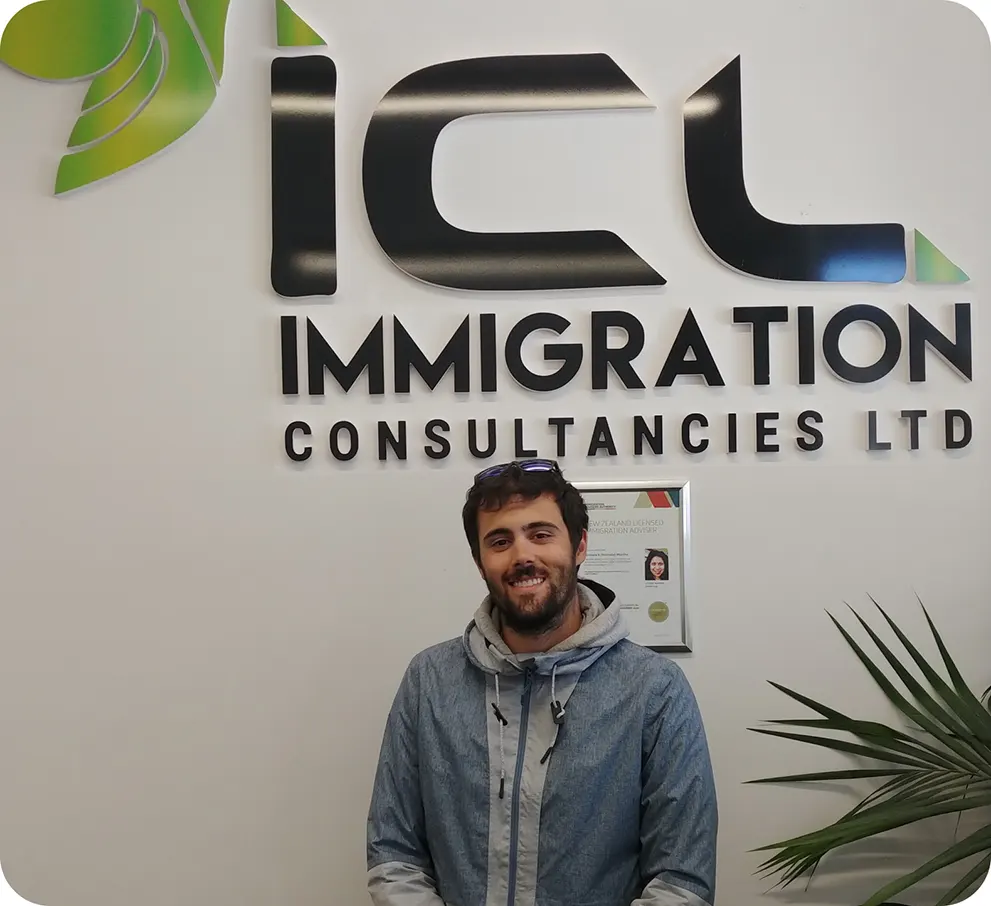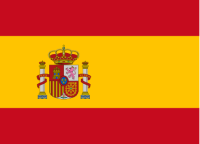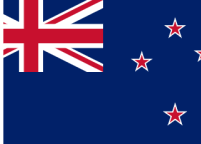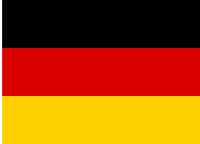About Employer Accreditation
To use the Accredited Employer Work Visa (AEWV) program, employers need approval from Immigration New Zealand first.
Why Accreditation Matters
If a New Zealand company hires a lot of workers from other countries, it can get special recognition called Accreditation. This helps with a special type of work visa called the Accredited Employer Work Visa (AEWV).
Why It’s Good to Be Accredited
When a company gets accredited, it gets some amazing perks. This includes faster visa approvals, needing less paperwork, and an easier way to show that they can’t find Kiwis to do certain jobs.
Special Visa Rules
If you’re married to or living with a New Zealand citizen who’s been away for more than five years, you might be able to get a special visa that lets you stay in New Zealand forever under certain conditions.
Change effective April 07, 2024 for Employers
Employment Verification and Hours
- Starting April 07 2024, accredited or re-accredited employers must take essential steps to ensure migrant workers meet skill requirements as part of their accreditation obligations.
- A new stipulation mandates a minimum of 30 work hours per week for migrants.
Job Check and ANZSCO Levels
- The process now includes using ANZSCO skill levels to assess applications, demanding a more detailed examination of an applicant’s qualifications.
- Employers must prove the absence of suitable New Zealand candidates before proceeding with a Job Check application.
Inform Immigration New Zealand (INZ)
- Under a new accreditation mandate, employers must notify Immigration New Zealand (INZ) within 10 working days when a migrant with an AEWV leaves their job more than a month before the visa expires.
Watch Visa
Video Guide
Take the first step towards your New Zealand dreams
Does my business have to be accredited?
Starting from July 4, 2022
If you’re hiring workers under the new Accredited Employer Work Visa (AEWV) system, then yes, it’s a must.
For businesses with Open Work Visa employees
Right now, it’s not a must, but it’s a good idea to start getting ready because it will be required soon.
Steps to accredit a business
Step 1: Understand the Rules
Learn about the specific responsibilities in the Accredited Employer Work Visa (AEWV) program.
Step 2: Complete Necessary Training
Make sure both migrant workers and key staff finish the required training sessions offered by Employer NZ.
Step 3: Follow Sector Rules
If your business is in industries like labor-hire or franchise, you might have extra tasks, such as better hiring practices and extra training for Kiwi workers.
Step 4: Apply for Accreditation
Submit your application to Immigration New Zealand (INZ) with all the needed paperwork, like business info and proof that you follow employment rules.
Step 5: Show Financial Health
Prove that your business is doing well financially, with enough profit and money coming in at the right times.
Step 6: Promise to Train and Hire Locals
Have plans in place to train and employ New Zealanders alongside migrant workers.
Step 7: Stay Law-Abiding
Make sure your business has a clean record and hasn’t broken any laws in New Zealand.
Step 8: Help Migrant Workers Settle
Give migrant workers all the info they need to settle in New Zealand, like how to get an IRD number, find a place to live, and access healthcare.
Step 9: Cover Costs
Take care of all the expenses, like advertising jobs, hiring, immigration fees, and any training or gear needed.
Step 10: Wait for the Decision
INZ will review your application, checking your finances, HR practices, and how your workplace is set up.
Extra Step: Get Expert Advice
Consider talking to an immigration advisor to make sure your application is strong and meets all the rules.
By doing these steps, your business can become an accredited employer, letting you hire migrant workers through the AEWV system in New Zealand.
Ready to Begin Your Kiwi Journey?
20+
Years of Expertise
Flat Fee
& Transparent Pricing
What kinds of Employer Accreditation are there?
1. Standard Employer Accreditation
– For businesses with 1 to 5 migrant workers.
– Focuses on following basic job rules.
– Starts with a 12-month accreditation, can be renewed for 24 months.
2. High-Volume Employer Accreditation
– For big companies hiring 6 or more migrants each year.
– Requires even better ways to attract and keep workers.
– Gets an initial 12-month accreditation, can be renewed for 24 months.
3. Labour Hire/Tripartite/Franchise Accreditation
– Extra rules for certain industries.
– Needs thorough checks, maybe even visits to the workplace.
– Stays valid for 12 months, can be renewed.
What’s the Employer Accreditation process, and how long does it take?
Getting Started
You’ll need to gather documents about keeping workers safe, how you run your workplace, and proof that you’re following work rules.
INZ Check
Immigration New Zealand will look into your money situation, how you manage your workplace, and if you plan to hire and train New Zealanders.
Wait Time
Usually takes about 10 working days as of May 23, 2022, but this might change depending on how many people are applying and other stuff going on.
ICL’s Help
If you need it, ICL can give you expert advice to make sure you’re on track with your accreditation.
What are the rules and things you need to apply for Employer Accreditation?
Business Legitimacy and Following Rules
- Valid New Zealand Business Number (NZBN): Your business must be registered and operate legally in New Zealand.
- Registration with the Inland Revenue Department (IRD): Make sure your business is fully registered and follows New Zealand’s tax rules.
Financial Stability
- Making Money: Show your business has made profits for the past 24 months, not counting depreciation and taxes.
- Money Coming In: Prove your business has had more money coming in than going out for the last six months to stay stable.
- Money and Support: Have enough money or funding to keep your business running and growing.
- For New Businesses: If your business is new and hasn’t been around for a full year, you need to prove it’s financially stable.
Following the Rules
- No Breaking Rules: Your business can’t have a history of breaking rules, like work laws or standards.
- Promises Needed: You and important people in your business must promise to follow all the rules.
Taking Care of Workers from Overseas
- Helping Workers Settle: You should help workers from other countries settle in New Zealand by giving them info about getting a tax number, finding a place to live, getting around, and healthcare.
- Knowing Work Rights: New workers from other countries should learn about their work rights within their first month, and those involved in hiring should learn about work rights too.
- Paying the Way: You have to pay for everything related to hiring workers from other countries, like advertising, fees, and any tools or tests they need. You can’t charge workers illegal fees.
Keeping Good Records
- Lots of Papers: Keep all the documents you need to show you’re following all the rules mentioned above.
If all these rules feel like too much, don’t stress!
ICL’s experts can help you understand everything and make the process smooth sailing!

If all these rules feel like too much, don’t stress!
ICL’s experts can help you understand everything and make the process smooth sailing!
How long does accreditation last and what does it cost?
Validity
Starts with a 12-month period, and you can renew it for 24 months (except for some sectors that renew annually).
Price Change Based on Type
- Standard Accreditation: Costs NZD 740.
- High-Volume Accreditation: Priced at NZD 1220.
- Upgrading Fee: If you switch from Standard to High-Volume, it’s NZD 480.
- Tripartite Agreements: NZD 3870.
- Franchisees: NZD 1980.
- Labour Hire: NZD 3870.
- Reconsideration Fee: If your application gets turned down, it’s NZD 240.
Please Note: These prices can change, and there might be extra costs for meeting requirements. Some businesses that were accredited before might not need to pay.
20+
years of experience in Auckland
Flat Fee
assurance
Client Testimonials
Let’s Start Your Success Story
Simply fill up a quick form, which will help us contact you and schedule your first consultation, free of charge.
FAQs
Employer Accreditation is a status granted by Immigration New Zealand to employers who meet certain criteria. It allows them to hire skilled migrant workers under the Accredited Employer Work Visa (AEWV) scheme. This status is a testament to the employer’s commitment to fair and standard employment practices.
Any New Zealand employer who wishes to recruit foreign workers under the AEWV scheme must first obtain Employer Accreditation. It's essential for businesses looking to fill skill gaps with overseas talent.
Accredited employers can directly recruit foreign workers, have a streamlined visa process for these workers, and demonstrate to potential employees their compliance with high employment standards.
Employers must demonstrate a commitment to training and employing New Zealanders, have sound business practices, and show compliance with immigration and employment laws. They must also meet specific criteria regarding the sustainability and profitability of their business.
Typically, accreditation is valid for 12 or 24 months, depending on the type of accreditation granted. Employers must reapply for accreditation before it expires to continue hiring migrant workers.
Employers must submit an application to Immigration New Zealand, including evidence of their compliance with accreditation requirements. This involves detailed documentation of their business practices, HR policies, and commitment to employing New Zealanders.
Yes, there are different levels of accreditation depending on the size of the business and the number of migrant workers intended to be hired.
The cost for employer accreditation varies depending on the size of the business and the type of accreditation. For Current fees details contact ICL Immigration.
Yes, accredited employers can support their migrant workers’ applications for residence under certain categories, provided the workers meet the specific residence visa requirements.
If an application is denied, Immigration New Zealand will provide reasons. Employers can address these issues and reapply or seek legal advice for further actions.
ICL Immigration offers comprehensive services including assistance with the accreditation application process, ensuring compliance with all requirements, and providing guidance on maintaining accreditation standards.
Employers must identify and address any specific hazards associated with the jobs for which they are hiring. This includes ensuring compliance with New Zealand's health and safety regulations and demonstrating proactive measures to protect migrant workers.
We recommend exploring our comprehensive blog posts: How to verify an Accredited Employer in New Zealand.
.Hiring and HR managers should familiarize themselves with the accreditation requirements, including fair hiring practices, ensuring equal treatment of New Zealand and migrant workers, and maintaining updated records of employment agreements and workplace policies.
Accredited employers must prioritize hiring New Zealand citizens or residents before seeking migrant workers. They must prove that they have genuinely searched for suitable local candidates before offering positions to overseas applicants.
Bonding agreements, which bind workers to a business for a certain period, must comply with New Zealand's employment laws. They should be fair, reasonable, and not exploit the migrant worker's situation.
The accreditation application requires extensive documentation, including business financials, HR policies, proof of commitment to hiring New Zealanders, and plans for training and upskilling local staff.
ICL Immigration provides guidance on meeting and maintaining accreditation standards, including regular reviews of employment practices, assistance with compliance audits, and updates on changes in immigration policies.
ICL Immigration assists with the renewal process by helping employers update their documentation, ensuring ongoing compliance with accreditation criteria, and providing advice on any changes in the accreditation process.
Labour Hire Accreditation is specifically designed for businesses that provide labour hire services. It differs from standard Employer Accreditation as it requires additional compliance with regulations specific to the labour hire industry. This includes adhering to standards that ensure the fair treatment and support of migrant workers in various job placements.
The benefits of Labour Hire Accreditation include the ability to recruit skilled migrant workers under the AEWV scheme, demonstrating compliance with New Zealand’s rigorous employment standards, and enhancing the company’s reputation as a fair and responsible employer in the labour hire industry.
To transition from standard Employer Accreditation to Labour Hire Accreditation, an employer must meet additional criteria relevant to the labour hire sector, such as enhanced checks on employment practices and worker support systems. ICL Immigration can assist with this transition by providing expert advice and support throughout the application process.
Disclaimer: The information provided is subject to change based on New Zealand government policies. For the most current information, please refer to Immigration New Zealand or contact ICL Immigration for updated guidance.


